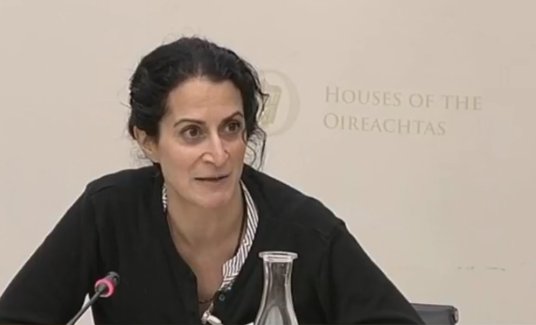by Estefanía Vela Barba
On May 15, 2019, the Mexican Supreme Court handed down its latest ruling on abortion, now available in English. The good news is that the Court’s First Chamber held that denying women access to abortion violates their right to health. The bad news is that it still did not explicitly deem abortion criminalization unconstitutional —although it certainly laid the groundwork for it. Because of this, the ruling is worthy of revision, especially for an international audience, given its constant use of international law to underpin its arguments.
The case is related to a woman’s petition to federal health authorities to terminate her pregnancy on the grounds that it posed a risk to her health. Her petition was denied by authorities, who argued that the General Health Law did not provide access to abortion. Although she opted for an abortion in Mexico City, where it is decriminalized and provided for as a free service, she nonetheless challenged their decision through an amparo, arguing that the authorities’ denial violated her right to health.
The district court first dismissed the matter on a technicality, holding that, even if she were right on the merits, the ruling would have “no effect whatsoever because the subject matter of the government action being challenged had ceased to exist” Why? Because she had already terminated the pregnancy. If the point of an amparo is to stop or reverse an unjust ruling, there was nothing to reverse or to stop here. The deed was done. No justice could be served. The plaintiff challenged this decision too, finally reaching the Supreme Court, who thus had to decide on two issues: could she challenge the health authorities’ refusal even though she had terminated her pregnancy? And if she could, was she right about the merits?
In Mexico, the procedural question was of paramount importance. The amparo has a long history of being interpreted in quite restrictive terms, allowing form to take precedence over substance. In the case of abortion, this interpretation made it impossible for women to ask for redress, given that no matter what they chose – ending or continuing the pregnancy – the amparo would always be rendered meaningless given that a ruling generally takes more than 9 months to materialize (the case at hand, for example, took a total of six years to be resolved).
On this first issue, the Court decided that procedural rules had to be interpreted from “a gender perspective,” which includes analyzing apparently gender-neutral provisions for the disparate impact they could have on men and women. The Court ruled, in other words, that we need to take CEDAW’s prohibition of indirect discrimination seriously.





